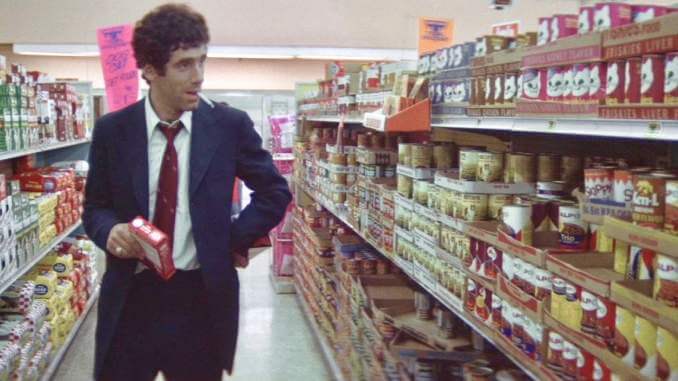Every Philip Marlowe Performance, Ranked

Private detective Philip Marlowe is less a person than the physical residue left after something is hard boiled. As author Raymond Chandler said of his most famous creation’s origin, “Marlowe just grew out of the pulps,” so deafening was the contemporary demand for rough-around-the-edges, outside-of-the-law dicks. When noir became the prevalent genre in ‘40s Hollywood, Marlowe wasn’t far behind—appearing in four different adaptations of Chandler’s novels. All four Marlowes were portrayed by different actors, continuing a near-unbroken trend for the character’s film appearances; only one actor has starred as Marlowe in more than one film, resulting in a lot of performers caricaturing the pessimistic but honest investigator. That means it’s tough to rank the best. Together they form a patchwork of womanizing, whip-smart and commanding Marlowes, but with Liam Neeson being the latest actor to throw his fedora into the ring, how do they stack up against each other?
Here is every on-screen Philip Marlowe, ranked:
9. Robert Montgomery, Lady in the Lake
Even if Montgomery’s performance as Marlowe was halfway decent, it would still end up at the bottom of this list—because we barely see the actor throughout the film. Montgomery, who also directed Lady in the Lake, elected to shoot this mystery from Marlowe’s perspective, in an attempt to mimic the novels’ first-person narration and put the audience in the detective’s head. It was a bold but doomed choice: So much of Marlowe’s character is in his physicality, a bullish presence that slinks heavily around the room. Here, he’s relegated to a distant-sounding voiceover in a noir-themed puzzle game. It’s not helped by the studio-imposed introduction and epilogues of Marlowe expositing directly at the camera, giving us a good view of Montgomery’s too-jolly voice and soft eyes, evoking less of a hardened detective and more of a amiable conservative dad sternly schooling his children. Did Montgomery feel Marlowe was so archetypal by 1947 that they could get away with not showing his body for 90% of a film? Regardless, he’s dead last.
8. George Montgomery, The Brasher Doubloon
Chandler’s novel The High Window had previously been adapted for film in 1942, but as the detective was not called Philip Marlowe, it has been omitted from this list. In The Brasher Doubloon, George gave the superior Montgomery performance as Marlowe, capturing the detective’s intimidating gait (Chandler described his character as 6’ with a medium heavy build) and relentless womanizing—which is easier to buy thanks to the actor’s incredible handsomeness. Montgomery suffers from laying on the charm instead of leaning into the gruff cynicism of a hard-boiled dick, and the film even acknowledges how out-of-place he looks as Marlowe, with a wealthy client commenting, “I expected an older man, someone more intelligent looking.” The film itself is charming but slight, suffering from an overly stagey and mannered vibe in the golden era of richly moody noirs. Montgomery may be miscast, but by God is he charming.
7. James Caan, Poodle Springs
The only feature-length Marlowe appearance to not be released in cinemas, this unassuming adaptation of Chandler’s last, unfinished Marlowe novel aired on HBO in the late ‘90s. James Caan confidently adopts the guise of an older, recently married Marlowe in a plot involving pornography, land schemes and antipathetic cops—just another day in Marlowe’s California. Caan is easily one of the most charismatic actors to play the detective and his charm has certainly not faded in middle age; as this older Marlowe sets about his business, you can easily imagine the younger adventures of a swaggering, rugged Thief-era Caan. Unfortunately, Caan is too content to coast on autopilot, and as the story progresses, you feel like the choice to soften Marlowe’s gruffness just conflates his personality with so many other hard-boiled dicks. Still, seeing Marlowe squirm under the inherent rot of domesticity is something fresh.
-

-

-

-

-

-

-

-

-

-

-

-

-

-

-

-

-

-

-

-

-

-

-

-

-

-

-

-

-

-

-

-

-

-

-

-

-

-

-

-








































